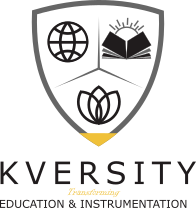Definition
Simulations let you develop key skills through trial and error in a safe, controlled setting before you move on to practice in real life. This kind of learning has been used for decades in industries such as aviation, healthcare, and the military, and is now being applied in more fields.,
Example
When students use a model of behavior to gain a better understanding of that behavior, they are doing a simulation. For example: When students are assigned roles as buyers and sellers of some good and asked to strike deals to exchange the good, they are learning about market behavior by simulating a market.,
Advantages
- Turn Knowledge into Practice. Simulation-based learning allows students to apply abstract concepts to active hands-on practice.
- Gather Measurable Data on Students and Patients.
- Safety for Practitioners and Patients,
Discover here, simulation courses on virtual experiences that equip you with practical skills through interactive learning scenarios. Learn simulation from various online courses delivered through Kversity.

